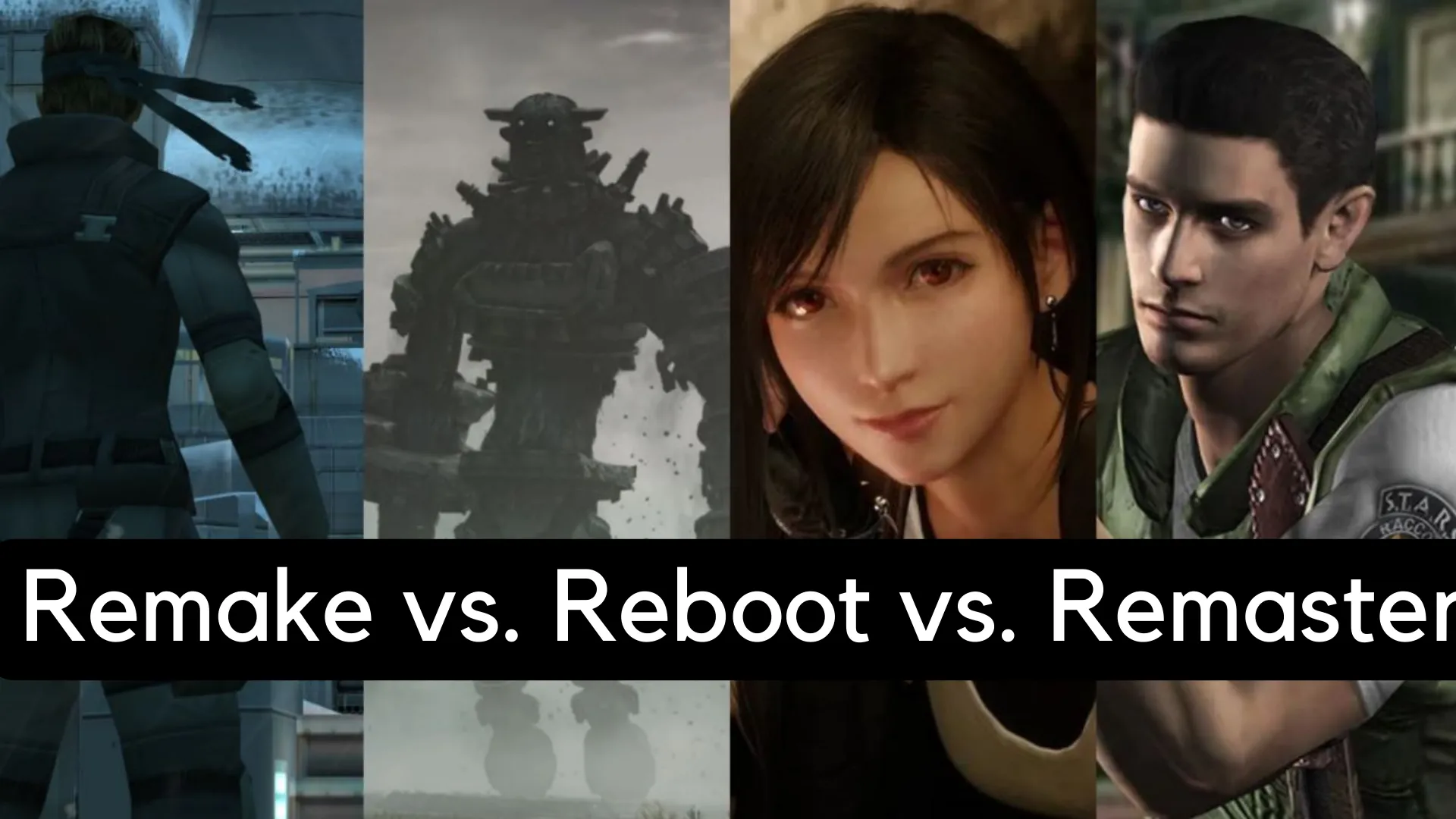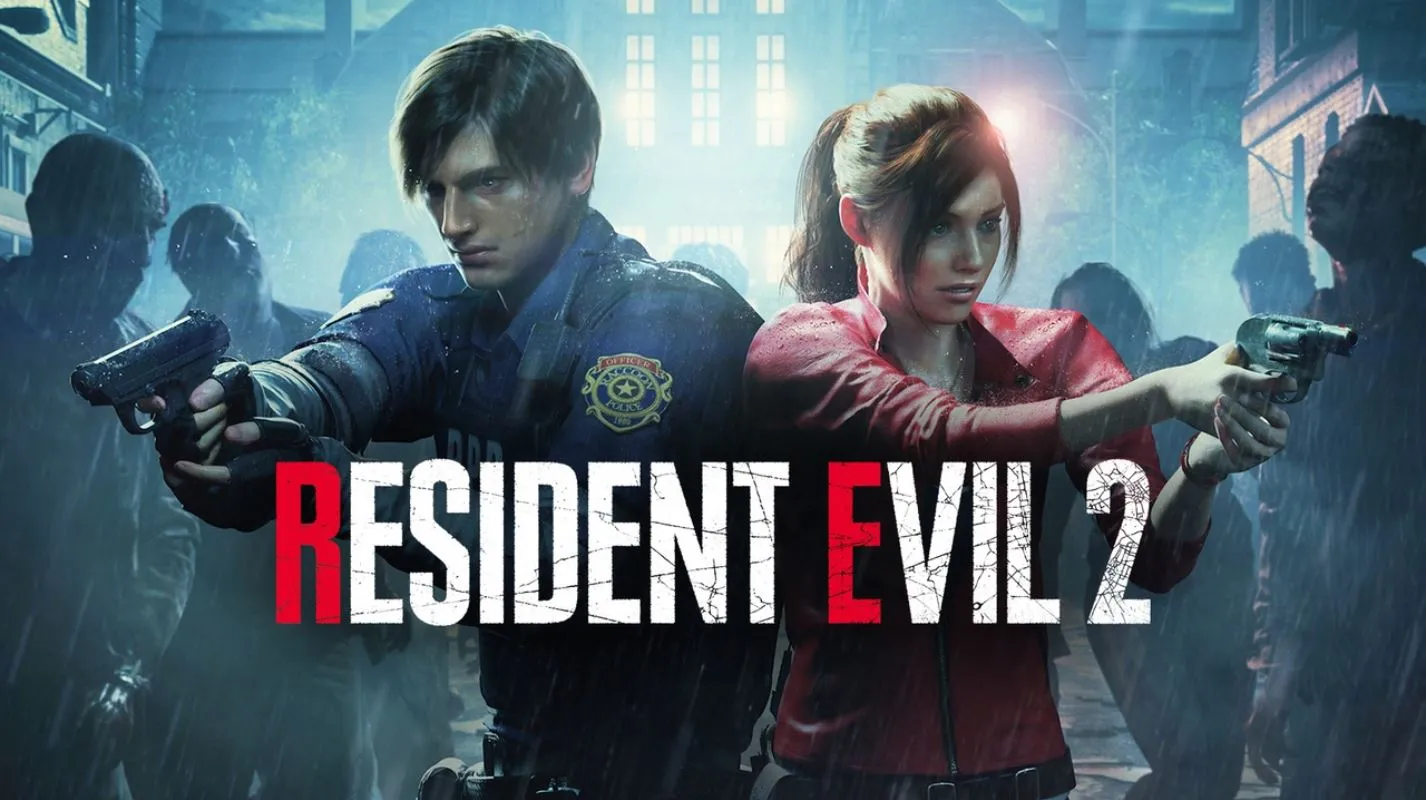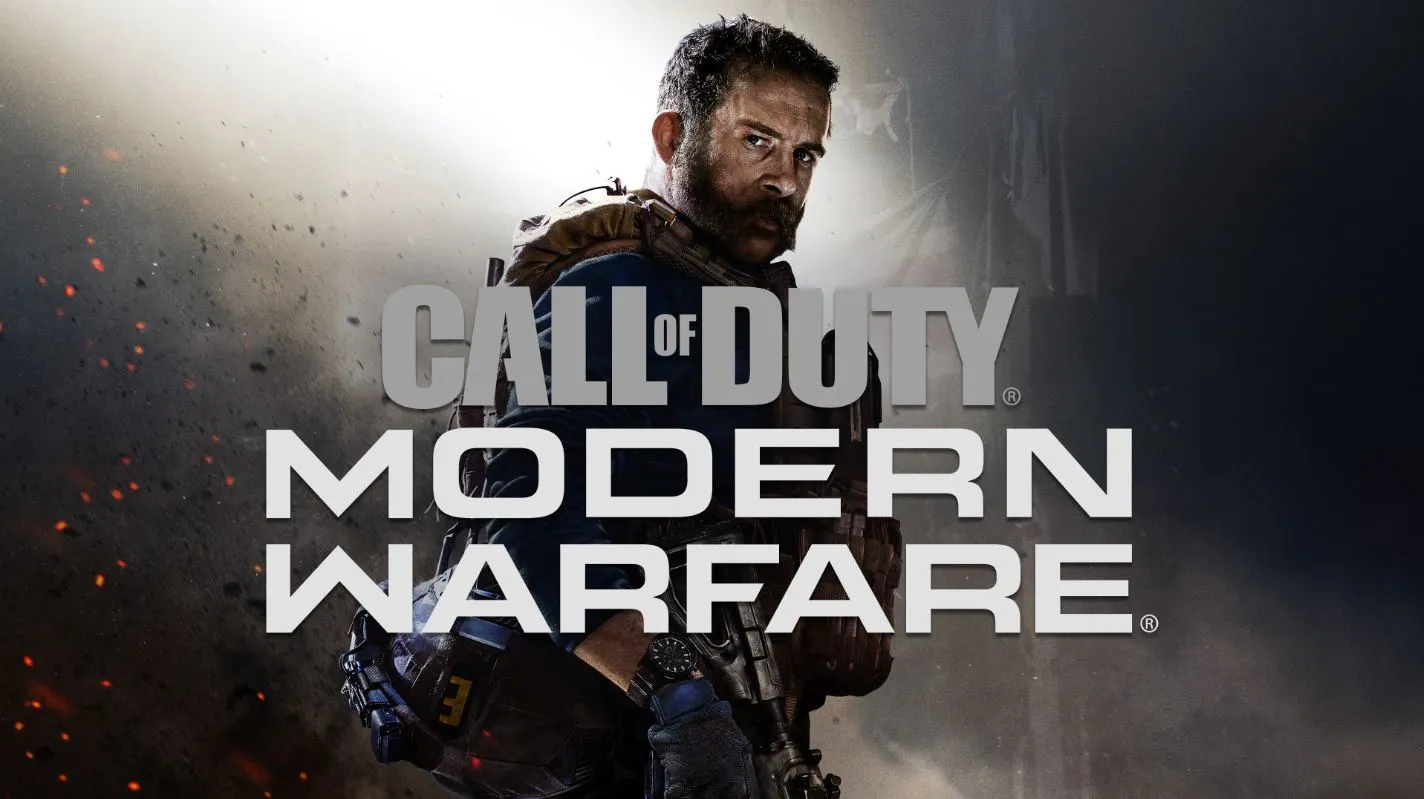Remakes, reboots, and remasters are nothing new to the video game industry. Many of the best-selling games of the last decade are remakes, remasters, or reboots of older titles. However, there may be some confusion among players due to the distinction between these terms. As a result, we are here with a guide to explain the difference between a remake, a reboot, and a remaster. So, let’s get started without any delay!

What is a Remake?
Video games are considered remakes when they are faithful recreations of previous titles that have been completely remade. While the game’s name and general plot remain mostly unchanged, some of the game’s assets, such as environments and characters, have been updated to reflect current gaming standards.

When a game is remade, it is usually done on a different game engine, one that is both capable of and optimized for the capabilities of current-gen consoles. This paves the way for graphical and technical improvements to be made to a previously released game. Sometimes, when a game is remade, the gameplay is updated significantly to meet modern expectations.
The goal of a remake is to breathe new life into a classic game by incorporating new features and improvements made possible by technological advances.
The game’s creators or the people who own the game’s intellectual property do this. It’s an exception when the original creator transfers the rights to another studio so that they can direct the remake’s production.
Some examples of Remake video games include:
- Legend of Zelda: Majora’s Mask 3D
- Resident Evil 2 (2019)
- Shadow of the Colossus (2018)
- Tony Hawk’s Pro Skater 1 + 2
- Demon’s Souls (2020)
What Is a Reboot?

A video game reboot is similar in many ways to a video game remake, with the primary difference being that a reboot completely ignores the canon established by the original title in order to forge ahead in an entirely new canon. Certain key characters from the original and the reboot can remain in both, but a reboot will not pay homage to or continue the plots of its predecessors.
A good way to differentiate between a remake and a reboot is to consider the following: One modifies the game’s mechanics and presentation in a remake, while another alters the game’s story and appeal to a wider audience in a reboot. The plot of the original and the remake can be identical. Perhaps a remake can succeed where the original did not.
If the creators or the directors of a franchise want to “reimagine” the series, they will create a reboot. So they make a new version of the game in an entirely different continuity, with different rules and a continuing storyline that has nothing to do with the original.
Now that you actually know the difference between a remake and a reboot, here are some examples of reboot games:
- Call of Duty: Modern Warfare (2019)
- Hitman (2016)
- Saints Row (2022)
- DmC: Devil May Cry
- Star Wars Battlefront (2015)
- Tomb Raider (2013)
In one such case, the plot of the 2019 remake of Modern Warfare differs from that of the 2007 original. Characters from the 2011 adaptation appear in the 2019 remake, but everything else is different. The new version shifts the focus to a war between Russia and a made-up country called Urzikstan, while the old one focuses on a civil war in Russia.
What is a Remaster?

All that happens in a remaster is the game’s visuals are updated from its previous release. The assets from an older game are re-rendered at a higher quality in a remaster. Also, the game’s visuals could be updated to look more polished and current.
Remasters do not use a blank slate like remakes do. In contrast to remasters, remakes produce entirely new assets in a different engine. A remastering project merely “tidies up” the original assets, rather than getting rid of them entirely.
Furthermore, remasters can often run at a smoother frame rate than the original. If the original game’s controls feel too clumsy or dated for modern tastes, they can be modified or replaced.
Often, remastered games also include DLCs if the original game had one. In some cases, game developers combine multiple remastered games into a single HD collection like the GTA Trilogy: The Definitive Edition.
Remastered games also often include DLCs if the original game released any. In some instances, developers bundle multiple remastered games into one HD collection.
Some examples of remastered games are:
- Assassin’s Creed: The Ezio Collection
- Final Fantasy X/X-2 HD Remaster
- The Last of Us Remastered
- Dark Souls Remastered
- Tomb Raider: Definitive Edition
- Uncharted: The Nathan Drake Collection
Conclusion
Finally, we’ll define all three in one simple sentence so you can see the distinction between them.
Remake: A game that is recreated from scratch with new resources and features. This often features new storylines but old characters are retained.
Reboot: A game is completely recreated to start a new story in a new universe but from where the old game ended.
Remaster: This game retains everything similar to the actual old game but with high resolution, smooth textures, better controls, and better optimization for newer hardware.
Well, that’s all we have here about the difference between a remake, a reboot, and a remaster. We hope this guide has helped you understand these important terms. If you liked this, make sure to check out the best Wii games of all time.





